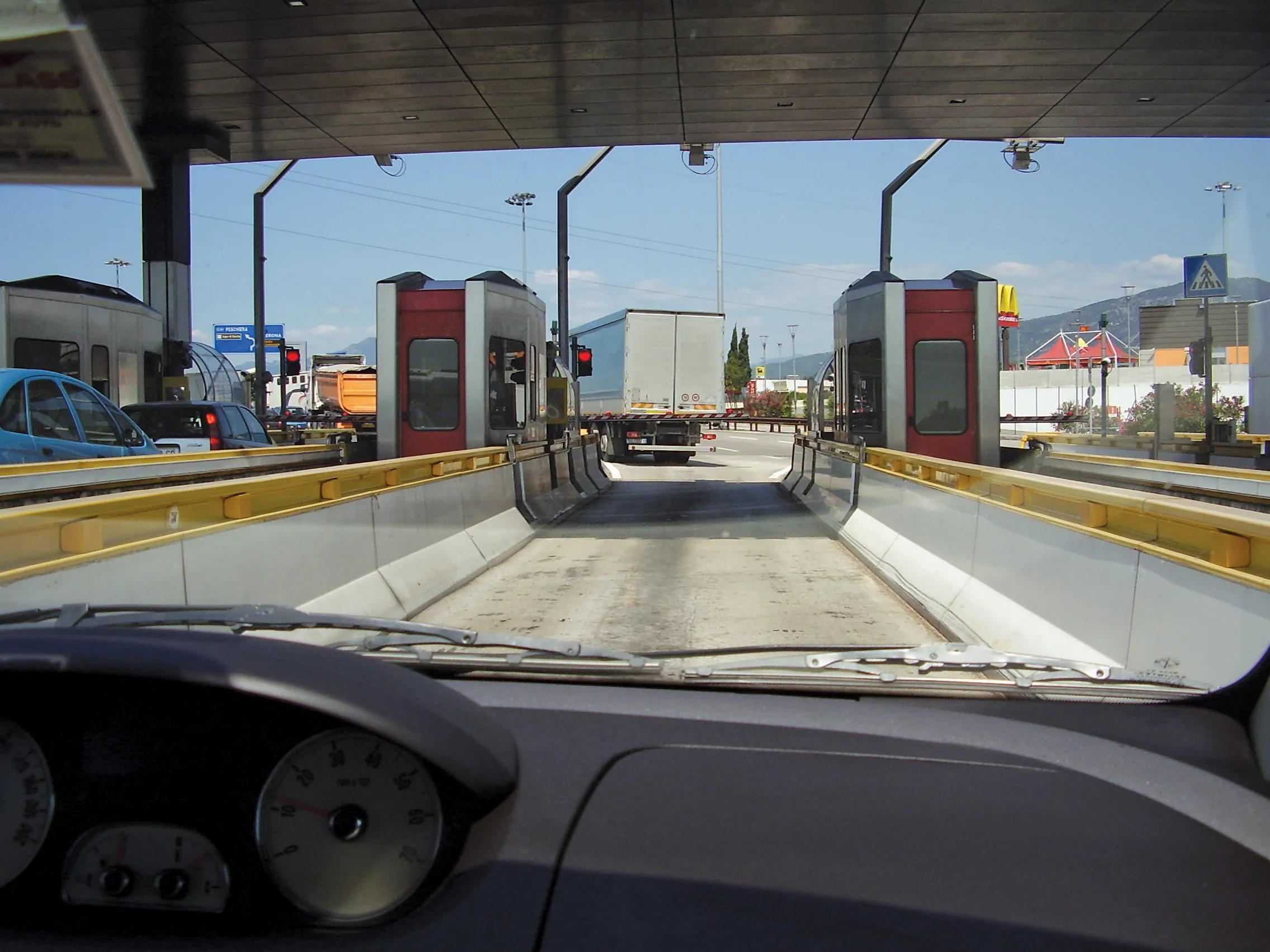The European Parliament has adopted a resolution for a strategy in electronic tolling and a vignette system on light private vehicles in Europe. The European Association for tolled motorways, bridges and tunnels (ASECAP) has responded to this resolution, welcoming the European Parliament’s recognition of the user pays and polluter pays principles as key priorities for European transport. However, ASECAP has provided a note of caution in that the resolution fails to address problems that may hinder the deplo
June 13, 2013
Read time: 2 mins

The European Parliament has adopted a resolution for a strategy in electronic tolling and a vignette system on light private vehicles in Europe. The European Association for tolled motorways, bridges and tunnels (1103 ASECAP) has responded to this resolution, welcoming the European Parliament’s recognition of the user pays and polluter pays principles as key priorities for European transport. However, ASECAP has provided a note of caution in that the resolution fails to address problems that may hinder the deployment of the European Electronic Tolling Service (EETS). According to ASECAP this new resolution will provide a stiffer, regulatory-oriented approach that has so far been shown to have limits. ASECAP suggests that the European Parliament should look with a more benevolent eye to the pragmatic approach of the 2465 European Commission, which has been backed by the most relevant EETS stakeholders.
According to ASECAP, decision 2009/750/EC sets out the theoretical legal framework for the EETS and defines the roles of the EETS stakeholders: States, Toll Chargers, EETS providers providing the service, and users enjoying the service rendered. The Decision took into account the conclusions of ASECAP’s CESARE IV project but ignored one related to the necessary phased regional approach. Instead the European Parliament is opting for a strict regulatory approach. The ASECAP Toll Chargers complied with the legal obligations of EETS and will be ready to provide the service. But so far, no EETS provider is active in the EETS market and for this reason EETS is not yet a reality for European users.
The European Commission identified that following a step-wise approach, starting in those parts of Europe where international traffic reaches high levels and EETS providers may find a suitable business case, full EETS implementation may emerge in the3287 EU. With this aim a specific call for projects to establish the basis of a step-wise implementation of the EETS was launched within the TEN-T budget line. ASECAP says it is keen to emphasise that the EETS is a long term vision, leading to a core European Electronic Tolling Service. The costs of this service need to be financed properly, and the market has not yet proved sufficiently mature to support its introduction.
According to ASECAP, decision 2009/750/EC sets out the theoretical legal framework for the EETS and defines the roles of the EETS stakeholders: States, Toll Chargers, EETS providers providing the service, and users enjoying the service rendered. The Decision took into account the conclusions of ASECAP’s CESARE IV project but ignored one related to the necessary phased regional approach. Instead the European Parliament is opting for a strict regulatory approach. The ASECAP Toll Chargers complied with the legal obligations of EETS and will be ready to provide the service. But so far, no EETS provider is active in the EETS market and for this reason EETS is not yet a reality for European users.
The European Commission identified that following a step-wise approach, starting in those parts of Europe where international traffic reaches high levels and EETS providers may find a suitable business case, full EETS implementation may emerge in the







